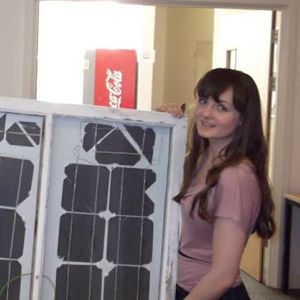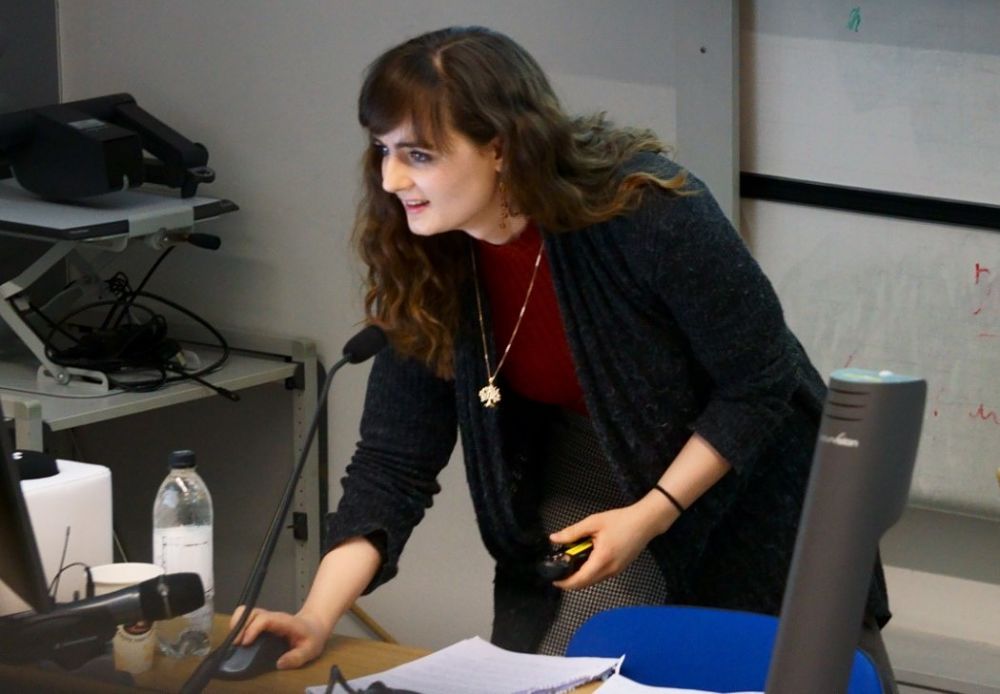Zoe Goss: Helping the world cut its carbon footprint
Zoe Goss developed a passion for green tech while studying engineering mathematics at the University of Bristol. She is currently a renewable technologies consultant. She told us how it all started.
Why did you choose to study Engineering Mathematics?
Full interview
I knew I wanted to do something that involved problem solving. Engineering mathematics teaches you to approach all sorts of problems from a mathematical modelling point of view. It covers such diverse topics. We’d be looking at a car’s cruise control one day, using machine learning algorithms to identify sad or happy poems the next and working on the evolution path of different animals the day after.
Where did your interest in the environment come from?

It wasn’t until I started at the University of Bristol that I developed an interest in renewable energy. I took up a volunteering opportunity that involved teaching people to make solar panels from scratch and that kicked off a passion for green tech. The people of Bristol really care about the environment too. It’s a really exciting city.
My course taught me not to be afraid of problems outside my comfort zone. Everybody was willing to help and share knowledge and that really helps build your confidence. Meeting people at lectures can lead to exciting opportunities.
I want to continue working in a sector that helps the world cut its carbon footprint. I love working on world firsts and exciting forms of technology.
Did you have a certain career path in mind?
Find out more
What is engineering mathematics?
Undergraduate courses
Connecting students with industry
The wide range of subject material helps you find out what you’re really interested in. My master’s dissertation was on swarm robotics. It was great fun making hundreds of tiny little robots and being given the joint best mark award was one of my proudest moments.
I had also worked on the internal structure of wind turbine blades during a summer internship in my final year. That research placement gave me the experience I needed for a PhD in renewable energy. So after I graduated, I went on to take an additional masters and PhD in Mathematics and Planet Earth. It involved modelling climate change. My PhD was on the optimisation of tidal energy arrays.
I’m essentially working for a mathematical modelling consultancy, so I use knowledge from engineering maths units every day. It was a really relevant degree and helped me jump straight into industry.


